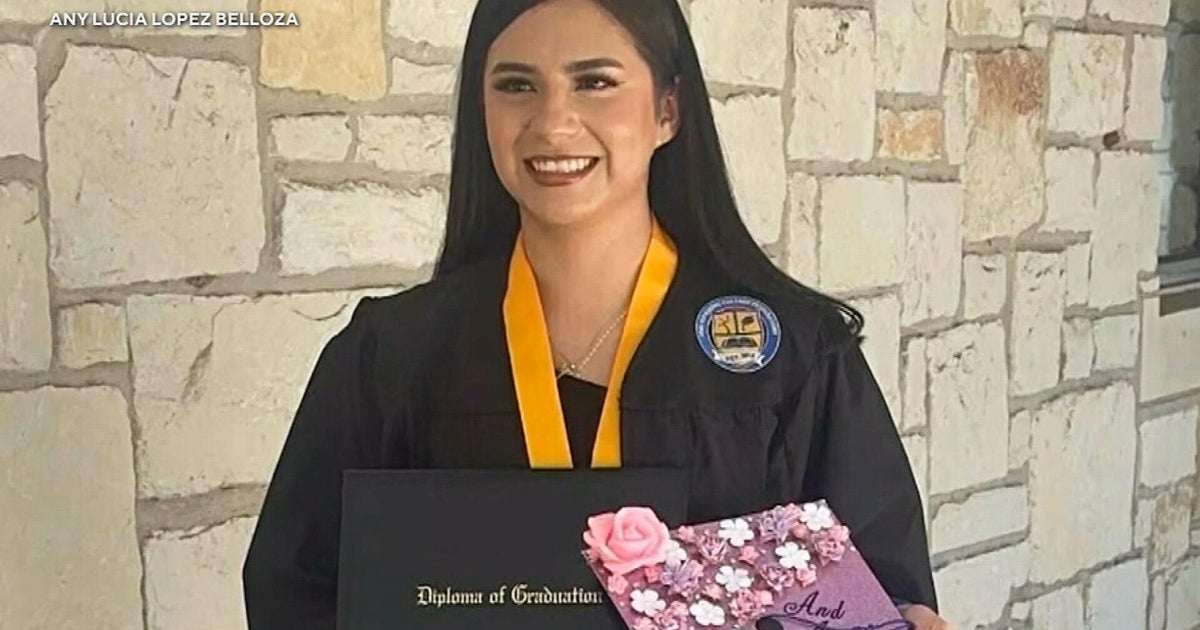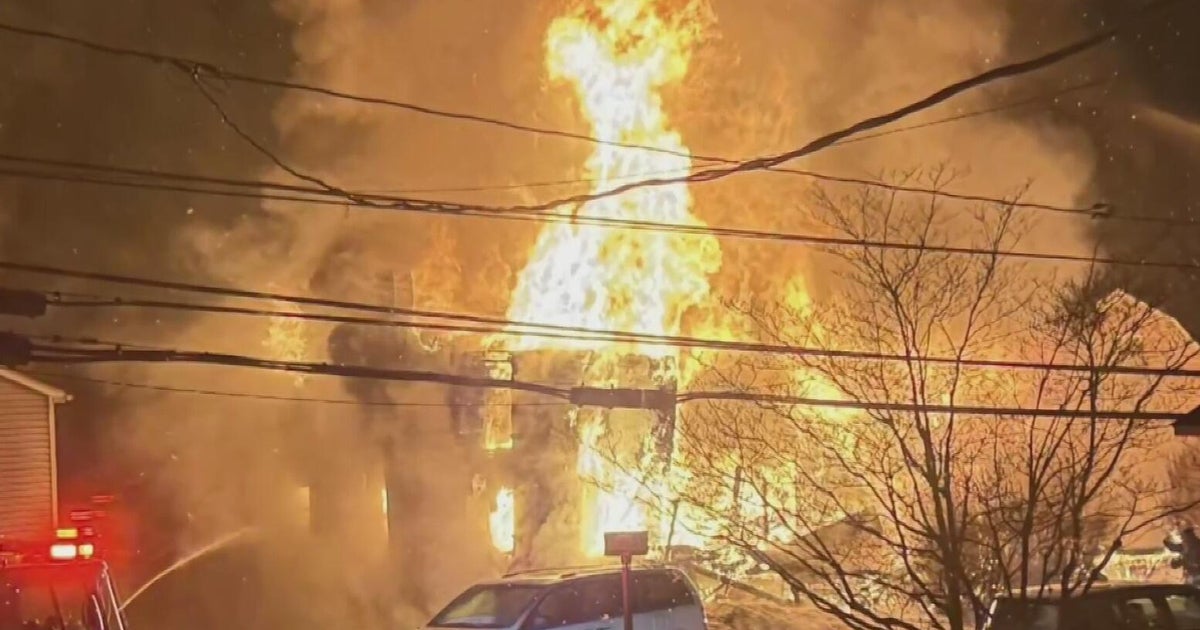Elijah McClain died of ketamine administration, according to updated autopsy report
Elijah McClain, died of complications of ketamine administration following forcible restraint, according to a newly amended autopsy report. That's according to his amended autopsy report, which was released Friday afternoon after a judge ordered its release.
Following Thursday's order from Denver District Court Chief Judge Christopher J. Baumann, McClain's full and unredacted autopsy report has been released to the public. The coroner's report blames the paramedics' administration of ketamine for McClain's death.
"Simply put, this dosage of ketamine was too much for this individual and it resulted in an overdose, even though his blood ketamine level was consistent with a 'therapeutic' blood concentration," Dr. Stephen Cina, who performed the autopsy, said in his report. "I believe that Mr. McClain would most likely be alive but for the administration of ketamine."
The amended autopsy report contains details some people might find disturbing or upsetting, but the full report can be read here:
Friday's release of that report brings answers to questions surrounding his death for over three years.
McClain's official cause of death was previously listed as "undetermined." The coroner said at the time of the original report that there could have been one of several causes of death.
That changed when new evidence was revealed during a grand jury investigation. Earlier this month, the autopsy had been amended, possibly altering the listed cause of death for McClain.
The manner of death was originally listed as "undetermined," and that's still the case on the updated report. "Cause of death" is a specific injury or disease that leads to death, while "manner of death" is the determination of how the injury or disease leads to that person's death.
The report does not indicate that the chokehold contributed to his death, although Cina said he couldn't rule that out.
"A Carotid control hold was applied during the decedent's restraint. I cannot determine whether this caretid control hold contributed to death via stimulation of the carotid sinus, though the literature suggests that this was unlikely," he wrote. "Further, this type of hold is often used in the martial arts with no lasting adverse consequences. There were no findings in the neck indicative of traumatic asphyxiation. In addition, during restraint the body weight of officers was used to subdue the decedent, however after this weight was removed, the decedent was still alive and able to speak. I have seen no evidence that injuries inflicted by the police contributed to death."
The original report was signed Nov. 7, 2019. Since then, the coroner's office received new evidence, including police bodycam footage, witness statements and more. The office said in its amended autopsy that it lacked enough evidence to offer a definitive opinion on the cause of death at the time.
That changed between November 2019 and July 1, 2021, when the amended report was signed.
Thursday night, the Adams County Coroner's Office said the report would be released without redactions and embraced the judge's decision. That follows a lawsuit from Colorado Public Radio, CBS News Colorado and other news outlets.
Related: Elijah McClain's Family Wants Answers About Confrontation With Aurora Police After Death
McClain was confronted by officers on Aug. 24, 2019 after a call to report a suspicious person wearing a mask near Colfax Avenue and Billings Street. He was walking home with groceries while wearing a ski mask at the time, something his family said was not uncommon as they say he was anemic and frequently felt cold.
Officers detained McClain, placed him in a chokehold and then paramedics injected him with ketamine to sedate him. McClain died days later.
The police killing of George Floyd the following summer brought renewed attention to McClain's death, as well as outrage during the global 2020 Black Lives Matter protests.
In September 2021, a statewide grand jury indicted three Aurora officers and two paramedics in McClain's death after administering ketamine to him.
Former Aurora Police officers Nathan Woodyard, Randy Roedema and Jason Rosenblatt, as well as former paramedics Jeremy Cooper and Peter Cichuniec, have been charged with 32 counts of manslaughter and criminally negligent homicide. Additionally, Roedema and Rosenblatt were each indicted on one count of assault and one count of crime of violence, while Cooper and Cichuniec were each indicted on three counts of assault and six counts of crime of violence.
They're due to be arraigned Nov. 4.
The attorneys for Sheneen McClain, Elijah McClain's mother, announced the family reached a settlement with the city of Aurora in November 2021.
Sheneen McClain declined to comment Friday.
Aurora Police and the city declined to comment. Adams County said it planned on issuing a statement later Friday afternoon.
The full report can be viewed on the Adams County Coroner's website.








